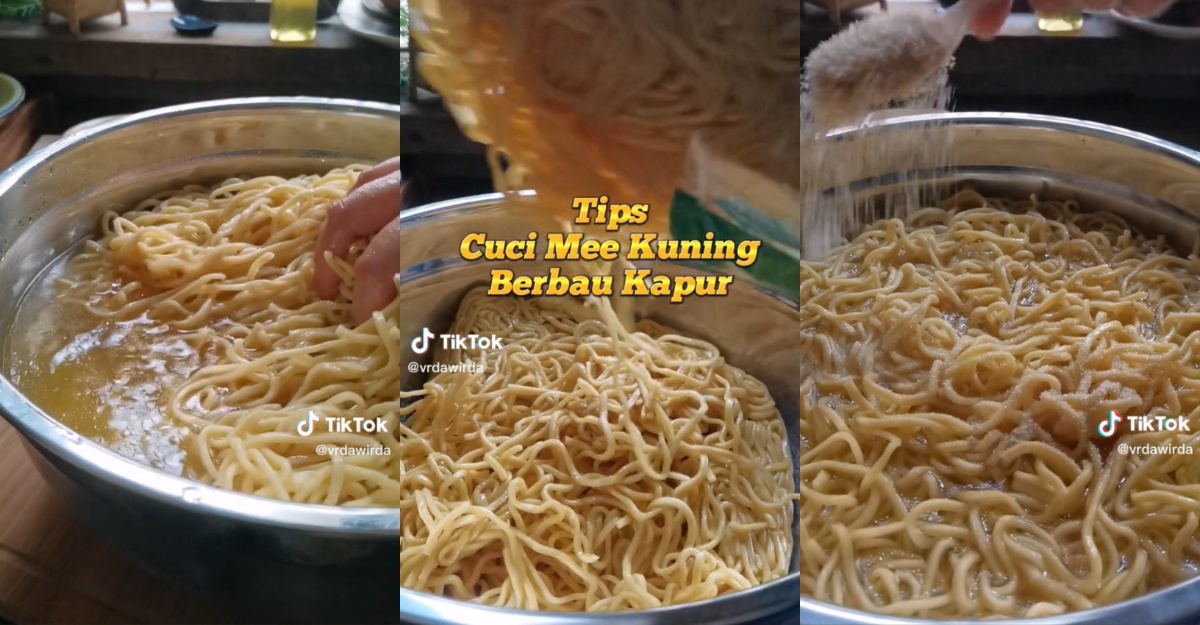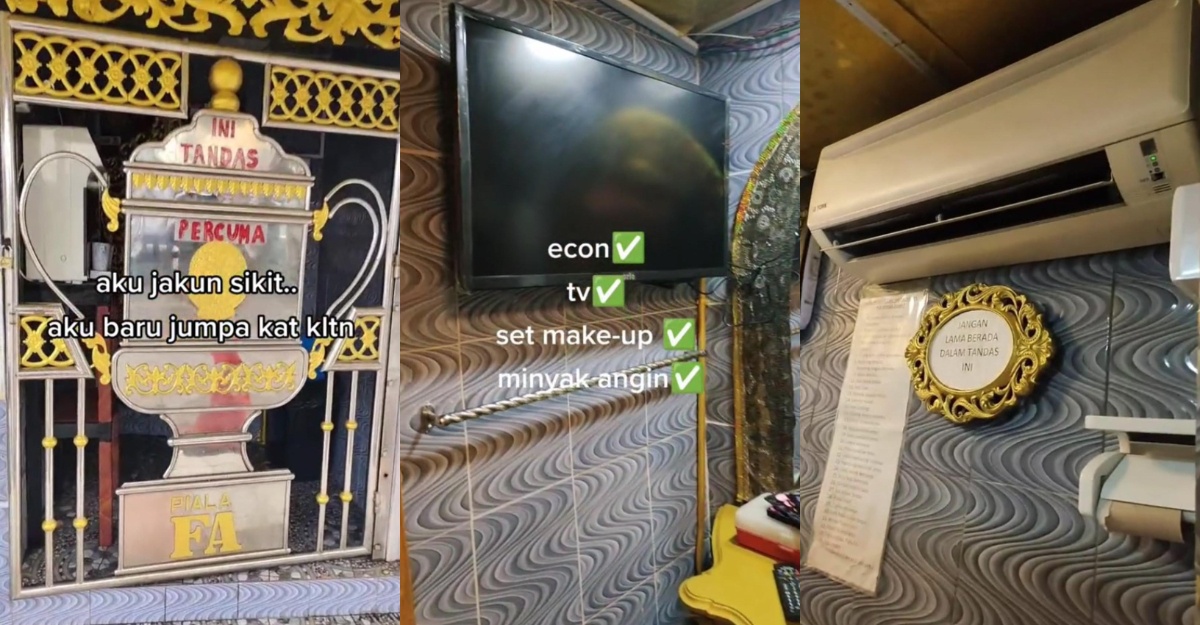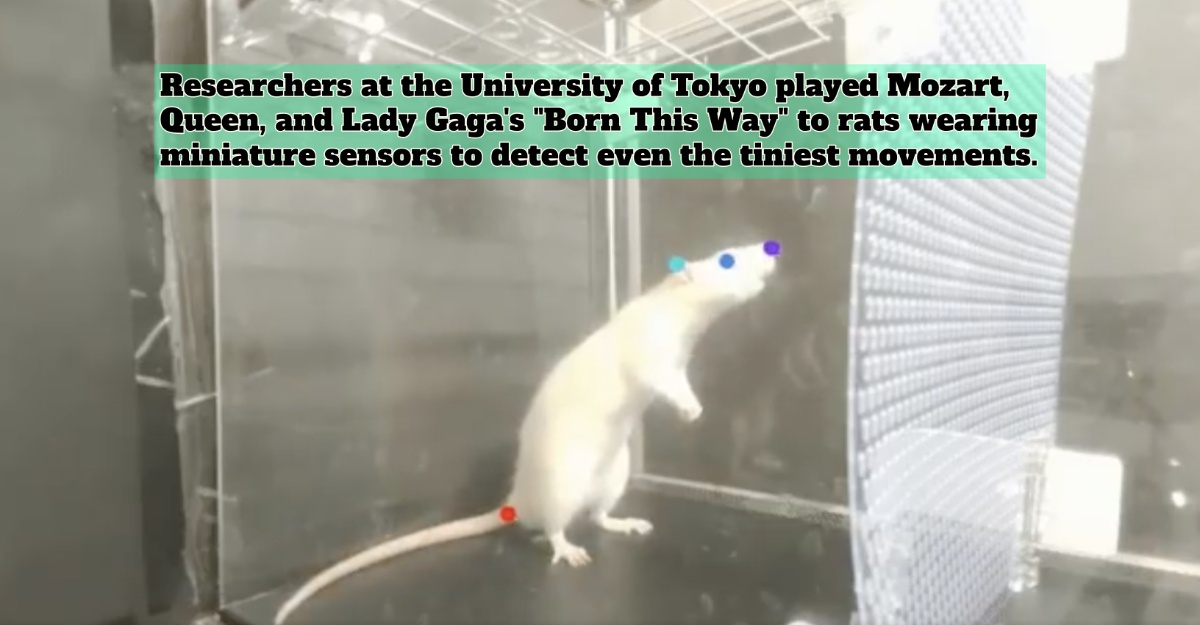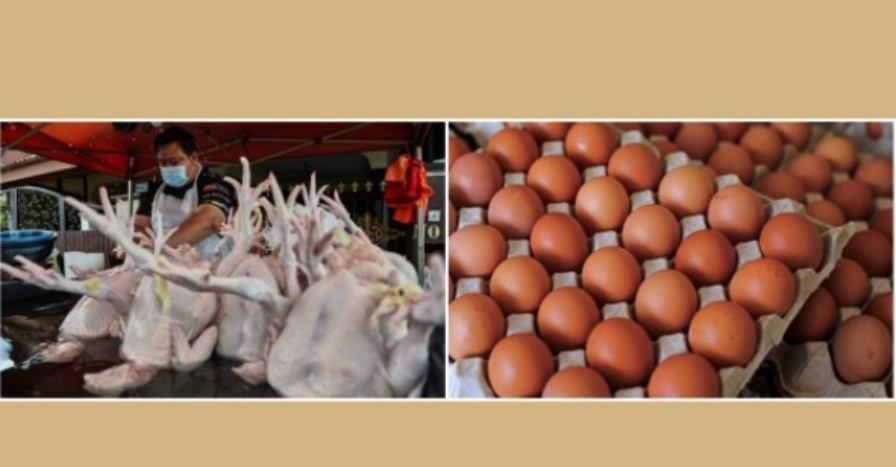One of the concerns when purchasing mee kuning is the pungent smell and bitter taste of ‘kapur‘ or chalk.
The bitterness of mee kuning and the unpleasant smell come from calcium carbonate or sodium hydroxide, a chemical substance that helps solidify the noodles’ texture, increase the pH value to become alkaline, and for its longevity.
So, can we get rid of the smell and taste? By following this helpful tip from TikTok user @vrdawirda, your mee kuning will no longer smell or taste like kapur!
@wirdazul “TIPS CUCI MEE KUNING BERBAU KAPUR” #tips #sharingtips #tipstiktok #masukberanda #cucimeekuning #fy #fypage #fyp #fypシ゚ #homecook #masakapaharini #malaysianfood
♬ original sound – WIRDA | Homecook Creator – WIRDA | Cooking Designer
Here are the steps:
- Put the noodles in a container
- Pour in lukewarm water
- Separate the noodles from one another
- Add six tablespoons of brown sugar or white sugar
- Mix well
- Let the noodle mix with sugar water for around half an hour
- After that, the oil will appear on the surface
- Wash and sieve the noodles
Many users find this tip helpful and will try to apply it at home.


However, there are also concerns if the noodle will turn soggy as it’s soaked for half an hour.
@vrdawirda advises not to use hot water to soak. But, it can be used but only soak the noodles for a few minutes.

Another inquiry from a user is if the noodles will taste sweet because sugar is used instead of salt.
Hence, @vrdawirda affirms that sugar is an agent to discard the smell and taste of chalk without disrupting the noodles’ original flavour. No worries!

Try this tip and see the difference! Good luck!
Sources: TikTok WIRDA, Aku Sis Lin








